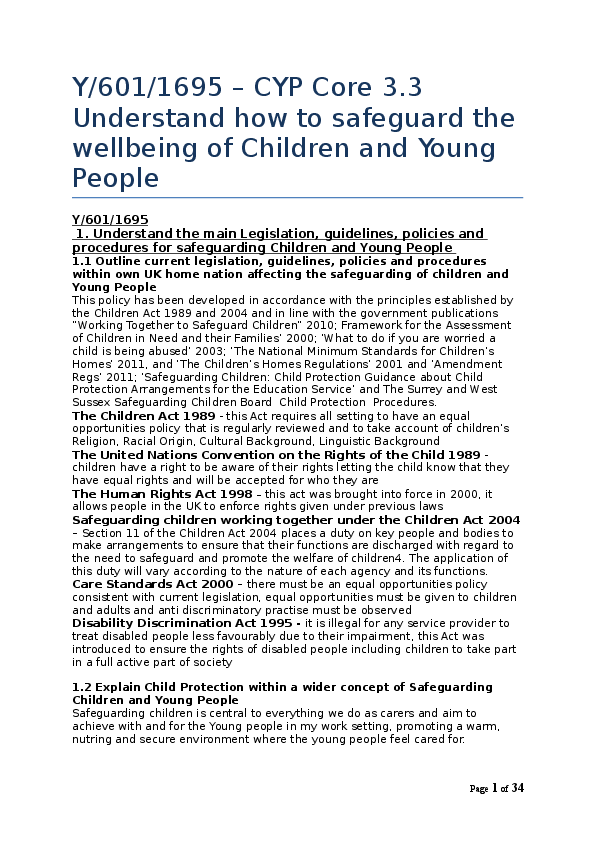
Psychology Board of Australia August 2017 Guidelines for Psychological Practice With Older Adults American Psychological Association T he “Guidelines for Psychological Practice With Older Adults” are intended to assist psychologists in evaluating their own readiness for working with older adults and in seeking and using appropriate education and training to increase their knowledge, skills, and expe-rience relevant to this area of
Healthy relationships and consent key messages for young
SAFEGUARDING CHILDREN AND YOUNG PEOPLE POLICY. Working with minors. The APS Code of Ethics Clause B5 states: “When working with young persons or other clients who are unable to give voluntary, informed consent, psychologists must protect these clients’ best interests and will regard their responsibilities as being directed to the parents, next of kin or guardians. The psychologist shall, The Board’s endorsed Code of Ethics (Australian Psychological Society {APS} Code of Ethics), as well as APS ethical guidelines on working with young people and APS guidelines on confidentiality are important resources to help psychologists in these situations. References. Australian Psychological Society (2017). Ethical guidelines on working.
working with children and young people (those aged up to 18) and their families to ensure that their use of technology is safe and appropriate. This document will be appropriate for a range of professional organisations including but not limited to schools, early years settings, colleges, social care, early help settings, children’s homes, voluntary organisations, police, charities YCI’s approach to working with children & young people YCI believes all work with children and young people should be aligned with the following principles and expects its representatives to work within these and to promote them as good practice with our partner organisations and more widely.
Resources for professionals working with young people Here you’ll find risk assessment tools, practice briefings to help you deepen your expertise, and resources to use with clients, as well as example care pathways and evidence of the difference that Young People's Violence Advisors across the … APS Guidelines for working in rural and remote settings . Students to read pp. 145-151 . Add to My Bookmarks Export citation. Type Article Author(s) Australian Psychological Society
Guidelines mean the Ethical Guidelines adopted by the Board of Directors of the Society from time to time that clarify and amplify the application of the Code of Ethics. The Guidelines are subsidiary to the Code, and must be read and interpreted in conjunction with the Code. In the case of any Gloucestershire Guidance Booklet for Practitioners Working with Children and Young People (0 – 25 yrs) with Additional Needs including Special Educational Needs and Disabilities 3 As we enter our third year of the implementation of the SEND reforms, we are pleased to …
Guidelines for Psychological Practice With Older Adults American Psychological Association T he “Guidelines for Psychological Practice With Older Adults” are intended to assist psychologists in evaluating their own readiness for working with older adults and in seeking and using appropriate education and training to increase their knowledge, skills, and expe-rience relevant to this area of MindEd is suitable for all adults working with, or caring for, infants, children or teenagers; all the information provided is quality assured by experts, useful, and easy to understand. We aim to give adults who care for, or work with, young people: the knowledge to support their wellbeing
working with children and young people (those aged up to 18) and their families to ensure that their use of technology is safe and appropriate. This document will be appropriate for a range of professional organisations including but not limited to schools, early years settings, colleges, social care, early help settings, children’s homes, voluntary organisations, police, charities Related content. Risk management; New to the job; What the law says about young people at work Under health and safety law, every employer must ensure, so far as reasonably practicable, the health and safety of all their employees, irrespective of age.As part of this, there are certain considerations that need to be made for young people.
Supplementary Guidelines on Responsibilities of Coauthors and Collaborators (Adopted by Council on November 10, 2002) (This statement includes language from the "Report of the Investigation Committee on the Possibility of Scientific Misconduct in the Work of Hendrick Schoen and Coauthors," M. Beasley, S. Datta, H. Kogelnik, H. Kroemer, D. Monroe, September 25, 2002 - internal Bell Laboratories Working with minors. The APS Code of Ethics Clause B5 states: “When working with young persons or other clients who are unable to give voluntary, informed consent, psychologists must protect these clients’ best interests and will regard their responsibilities as being directed to the parents, next of kin or guardians. The psychologist shall
These guidelines are available for APS members on the APS website. The Board also outlines specific knowledge and skills required by clinical psychologists in working with young people and with different treating practitioners in the Board’s Guidelines on Area of Practice Endorsement. APS Guidelines: Legal and Ethical Aspects of Working with Young People 5. Definitions Definitions are included in Appendix 1. 6. Responsibilities The Board of Directors of RA Tas is responsible for the development and endorsement of the Relationship Australia Tasmania Safeguarding Children and Young People Policy. It delegates the
The Australian Public Service (APS) is committed to employing people with disability and creating inclusive work environments that reflect the diversity of the Australian community. learning.jpeg Information for employees Supplementary Guidelines on Responsibilities of Coauthors and Collaborators (Adopted by Council on November 10, 2002) (This statement includes language from the "Report of the Investigation Committee on the Possibility of Scientific Misconduct in the Work of Hendrick Schoen and Coauthors," M. Beasley, S. Datta, H. Kogelnik, H. Kroemer, D. Monroe, September 25, 2002 - internal Bell Laboratories
These guidelines are available for APS members on the APS website. The Board also outlines specific knowledge and skills required by clinical psychologists in working with young people and with different treating practitioners in the Board’s Guidelines on Area of Practice Endorsement. Be aware of exam times as young people will need time to revise. Could you offer ‘quiet space’ in your office where young people can come to study after school or college? Young people looking for work may need to be flexible if they have to go for a job interview or …
These guidelines are available for APS members on the APS website. The Board also outlines specific knowledge and skills required by clinical psychologists in working with young people and with different treating practitioners in the Board’s Guidelines on Area of Practice Endorsement. working with under 18 year olds. The need for this guidance has arisen following reports from the British Association for Behavioural and Cognitive Psychotherapies (BABCP) that its members were being approached by IAPT services to provide training for services working with children as young as 13 at the request of commissioners.
Guidelines to Work with Young People Australian. So you are working with Children and Schools? Working with kids is a very rewarding experience; however it is not without its challenges. This section will cover basic rules as well as best practices when working with children. The most basic rule with kids is that things will go wrong and you should just roll with the punches if they do. If, Ethical and Practice Issues The APS Framework for the Effective Delivery of School Psychological Services: This framework provides specific practice guidelines for psychologists working ….
Working in the APS Australian Public Service Commission

Ethical and Practice Issues ProPsych. Working with and in the media: Ethical guidelines; APS Code of Ethics; Ethical guidelines for working with young people The Ethical guidelines for working with young people provide an overview on members’ ethical responsibilities when working with this client group. Member only content To access this content login or join the APS Member Login User ID: Password: Forgot my password Login, All young people need care and support to learn, while some require additional help to reach their full potential. Professionals who work with young people in the health and community sector can play an important role in helping young people deal with mental health concerns and ….
Working with Children and Young People A Quick Guide for. and family violence, you should also follow the best practice guidelines for working with people experiencing domestic violence. • Be aware of the impact culture, religion, education, socio-economic background, refugee experiences etc can have on the child or young …, Be aware of exam times as young people will need time to revise. Could you offer ‘quiet space’ in your office where young people can come to study after school or college? Young people looking for work may need to be flexible if they have to go for a job interview or ….
NSPCC safeguarding standards and guidance NSPCC Learning

Guidelines BPS. People working with children and young people have a responsibility for the services they offer directly to the children and young people in their care, and for the services offered to the families and other carers relating to the children and young people: 1. To promote the rights of children and young people https://en.m.wikipedia.org/wiki/Olanzapine The Australian Psychological Society has recently produced the Guidelines to work with young people, to assist psychologists working in the complex area of child and adolescent mental health. The following questions and answers present the key legal and ethical considerations for psycholigsts working with young people and are based on extracts.
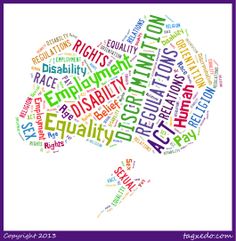
People working with children and young people have a responsibility for the services they offer directly to the children and young people in their care, and for the services offered to the families and other carers relating to the children and young people: 1. To promote the rights of children and young people These guidelines are available for APS members on the APS website. The Board also outlines specific knowledge and skills required by clinical psychologists in working with young people and with different treating practitioners in the Board’s Guidelines on Area of Practice Endorsement.
Compiled by Australia's leading mental health expert advisory groups the B eyond Blue's Clinical Practice Guidelines, endorsed by the National Health and Medical Research Council (NHMRC), provide research evidence that can be used to identify, treat and manage depression, anxiety and related disorders in adolescents and young people, women and mothers. The Australian Psychological Society has recently produced the Guidelines to work with young people, to assist psychologists working in the complex area of child and adolescent mental health. The following questions and answers present the key legal and ethical considerations for psycholigsts working with young people and are based on extracts
Guidelines on reporting abuse and neglect and criminal activity Guidelines for psychological practice in rural and remote settings Guidelines relating to suicidal clients Guidelines on supervision Guidelines for psychological practice with women and girls Guidelines for working with young people… The Australian Psychological Society has recently produced the Guidelines to work with young people, to assist psychologists working in the complex area of child and adolescent mental health. The following questions and answers present the key legal and ethical considerations for psycholigsts working with young people and are based on extracts
07/01/2013 · A three-part video series exploring legal and related ethical issues that commonly arise when working with young people in Victoria. Part II focuses on protecting a young person's privacy and The Australian Public Service (APS) is committed to employing people with disability and creating inclusive work environments that reflect the diversity of the Australian community. learning.jpeg Information for employees
Why Involve Children and Young People? When? How? What can you do? PAGE 2 Quick Guide to User Involvement for Frontline Staff Working with Children and Young People It is children and young people’s right and it is national and organisational policy. Resources for professionals working with young people Here you’ll find risk assessment tools, practice briefings to help you deepen your expertise, and resources to use with clients, as well as example care pathways and evidence of the difference that Young People's Violence Advisors across the …
Guidance for Safe Working Practice for adults who work with children and young people Page 1. Download the guidance sheet (0.31MB). Next Page. Definitions. Children and Young People: Throughout this document references are made to "children and young people".These terms are interchangeable and refer to children who have not yet reached their 18th birthday. (p. 185). The guidelines are also clear about placing the best interests of young people first, noting that when conflicts arise between parents and young people, psy-chologists should ‘consider the young person’s best interests as paramount’ (p. 182). Young People Young people differ from adults in their
Working with and in the media: Ethical guidelines; APS Code of Ethics; Ethical guidelines for working with young people The Ethical guidelines for working with young people provide an overview on members’ ethical responsibilities when working with this client group. Member only content To access this content login or join the APS Member Login User ID: Password: Forgot my password Login Guidelines for Psychological Practice With Older Adults American Psychological Association T he “Guidelines for Psychological Practice With Older Adults” are intended to assist psychologists in evaluating their own readiness for working with older adults and in seeking and using appropriate education and training to increase their knowledge, skills, and expe-rience relevant to this area of
These guidelines are available for APS members on the APS website. The Board also outlines specific knowledge and skills required by clinical psychologists in working with young people and with different treating practitioners in the Board’s Guidelines on Area of Practice Endorsement. MindEd is suitable for all adults working with, or caring for, infants, children or teenagers; all the information provided is quality assured by experts, useful, and easy to understand. We aim to give adults who care for, or work with, young people: the knowledge to support their wellbeing
People working with children and young people have a responsibility for the services they offer directly to the children and young people in their care, and for the services offered to the families and other carers relating to the children and young people: 1. To promote the rights of children and young people (p. 185). The guidelines are also clear about placing the best interests of young people first, noting that when conflicts arise between parents and young people, psy-chologists should ‘consider the young person’s best interests as paramount’ (p. 182). Young People Young people differ from adults in their
Guidelines mean the Ethical Guidelines adopted by the Board of Directors of the Society from time to time that clarify and amplify the application of the Code of Ethics. The Guidelines are subsidiary to the Code, and must be read and interpreted in conjunction with the Code. In the case of any logical practice guidelines be developed to help psycholo-gists maximize the effectiveness of services offered and avoid harm when working with TGNC people and their families. Purpose The purpose of the Guidelines for Psychological Practice with Transgender and Gender Nonconforming People (hereafter Guidelines) is to assist psychologists in the

The Psychology Board of Australia has developed guidelines and policies to provide guidance to the profession. These also help to clarify the Board's views and expectations on a range of issues. (p. 185). The guidelines are also clear about placing the best interests of young people first, noting that when conflicts arise between parents and young people, psy-chologists should ‘consider the young person’s best interests as paramount’ (p. 182). Young People Young people differ from adults in their
Psychology Board of Australia August 2017
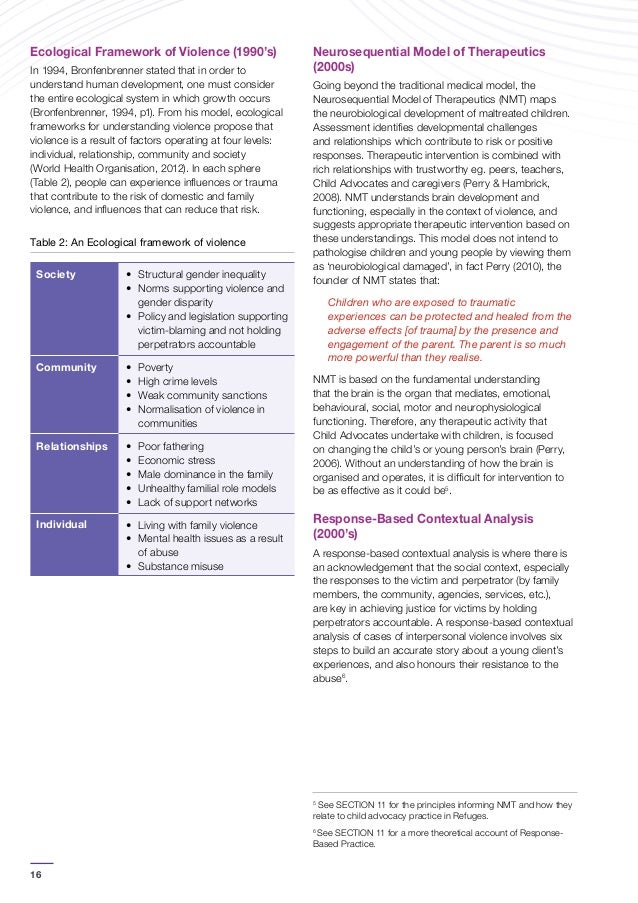
Guidelines BPS. These guidelines are available for APS members on the APS website. The Board also outlines specific knowledge and skills required by clinical psychologists in working with young people and with different treating practitioners in the Board’s Guidelines on Area of Practice Endorsement., Gloucestershire Guidance Booklet for Practitioners Working with Children and Young People (0 – 25 yrs) with Additional Needs including Special Educational Needs and Disabilities 3 As we enter our third year of the implementation of the SEND reforms, we are pleased to ….
Healthy relationships and consent key messages for young
Children and young people Topic NICE. APS Ethical Guidelines 14th Edition (Oct 2017) These guidelines complement the APS Code of Ethics and are a must for all psychologists. This 215-page edition contains 26 guidelines which cover working in specific psychological contexts and with particular client groups., Gloucestershire Guidance Booklet for Practitioners Working with Children and Young People (0 – 25 yrs) with Additional Needs including Special Educational Needs and Disabilities 3 As we enter our third year of the implementation of the SEND reforms, we are pleased to ….
working with children and young people (those aged up to 18) and their families to ensure that their use of technology is safe and appropriate. This document will be appropriate for a range of professional organisations including but not limited to schools, early years settings, colleges, social care, early help settings, children’s homes, voluntary organisations, police, charities Compiled by Australia's leading mental health expert advisory groups the B eyond Blue's Clinical Practice Guidelines, endorsed by the National Health and Medical Research Council (NHMRC), provide research evidence that can be used to identify, treat and manage depression, anxiety and related disorders in adolescents and young people, women and mothers.
Develop collaborative work practices when working with individual young people, families, peers and school, communities and societal issues; Collaborative practices result in a rich support network for young people; Collaborative practices means that workers need to be aware of issues such as confidentiality and how to make appropriate referrals. Supplementary Guidelines on Responsibilities of Coauthors and Collaborators (Adopted by Council on November 10, 2002) (This statement includes language from the "Report of the Investigation Committee on the Possibility of Scientific Misconduct in the Work of Hendrick Schoen and Coauthors," M. Beasley, S. Datta, H. Kogelnik, H. Kroemer, D. Monroe, September 25, 2002 - internal Bell Laboratories
The APS worker will assess the adult’s safety, need for assistance, and determine what services, if any, would be beneficial to maintain his/her well-being and independence. Learn more about the services APS workers offer here. While APS workers help thousands of vulnerable adults every day, individuals always have the right to decline services. Guidelines for Psychological Practice With Older Adults American Psychological Association T he “Guidelines for Psychological Practice With Older Adults” are intended to assist psychologists in evaluating their own readiness for working with older adults and in seeking and using appropriate education and training to increase their knowledge, skills, and expe-rience relevant to this area of
of young people’s entitlement to receive psychological services. The context and nature of the psychological service, and how it may impact on the young person, their family and others are critical considerations in the provision of psychological services to young people. 2.2. The Guidelines for working with young people should be read in Compiled by Australia's leading mental health expert advisory groups the B eyond Blue's Clinical Practice Guidelines, endorsed by the National Health and Medical Research Council (NHMRC), provide research evidence that can be used to identify, treat and manage depression, anxiety and related disorders in adolescents and young people, women and mothers.
of young people’s entitlement to receive psychological services. The context and nature of the psychological service, and how it may impact on the young person, their family and others are critical considerations in the provision of psychological services to young people. 2.2. The Guidelines for working with young people should be read in The Board’s endorsed Code of Ethics (Australian Psychological Society {APS} Code of Ethics), as well as APS ethical guidelines on working with young people and APS guidelines on confidentiality are important resources to help psychologists in these situations. References. Australian Psychological Society (2017). Ethical guidelines on working
The Psychology Board of Australia has developed guidelines and policies to provide guidance to the profession. These also help to clarify the Board's views and expectations on a range of issues. Companies want to know how well you work with other people, and you'll need to say more than that you enjoy working with others, which is the standard response. Anyone can say that, so it’s important to describe the interpersonal skills needed to succeed in the role.
(p. 185). The guidelines are also clear about placing the best interests of young people first, noting that when conflicts arise between parents and young people, psy-chologists should ‘consider the young person’s best interests as paramount’ (p. 182). Young People Young people differ from adults in their The Australian Psychological Society has recently produced the Guidelines to work with young people, to assist psychologists working in the complex area of child and adolescent mental health. The following questions and answers present the key legal and ethical considerations for psycholigsts working with young people and are based on extracts
Guidelines mean the Ethical Guidelines adopted by the Board of Directors of the Society from time to time that clarify and amplify the application of the Code of Ethics. The Guidelines are subsidiary to the Code, and must be read and interpreted in conjunction with the Code. In the case of any Guidance for Safe Working Practice for adults who work with children and young people Page 1. Download the guidance sheet (0.31MB). Next Page. Definitions. Children and Young People: Throughout this document references are made to "children and young people".These terms are interchangeable and refer to children who have not yet reached their 18th birthday.
Compiled by Australia's leading mental health expert advisory groups the B eyond Blue's Clinical Practice Guidelines, endorsed by the National Health and Medical Research Council (NHMRC), provide research evidence that can be used to identify, treat and manage depression, anxiety and related disorders in adolescents and young people, women and mothers. Develop collaborative work practices when working with individual young people, families, peers and school, communities and societal issues; Collaborative practices result in a rich support network for young people; Collaborative practices means that workers need to be aware of issues such as confidentiality and how to make appropriate referrals.
Resources for professionals working with young people Here you’ll find risk assessment tools, practice briefings to help you deepen your expertise, and resources to use with clients, as well as example care pathways and evidence of the difference that Young People's Violence Advisors across the … The Psychology Board of Australia has developed guidelines and policies to provide guidance to the profession. These also help to clarify the Board's views and expectations on a range of issues.
Working with and in the media: Ethical guidelines; APS Code of Ethics; Ethical guidelines for working with young people The Ethical guidelines for working with young people provide an overview on members’ ethical responsibilities when working with this client group. Member only content To access this content login or join the APS Member Login User ID: Password: Forgot my password Login The Australian Psychological Society has recently produced the Guidelines to work with young people, to assist psychologists working in the complex area of child and adolescent mental health. The following questions and answers present the key legal and ethical considerations for psycholigsts working with young people and are based on extracts
Guidance for Safe Working Practice for adults who work. APS Guidelines for working with young people . Students to read pp. 179 -188, APS Guidelines for working with young people . Students to read pp. 179 -188.
APS Guidelines for working with young people Monash
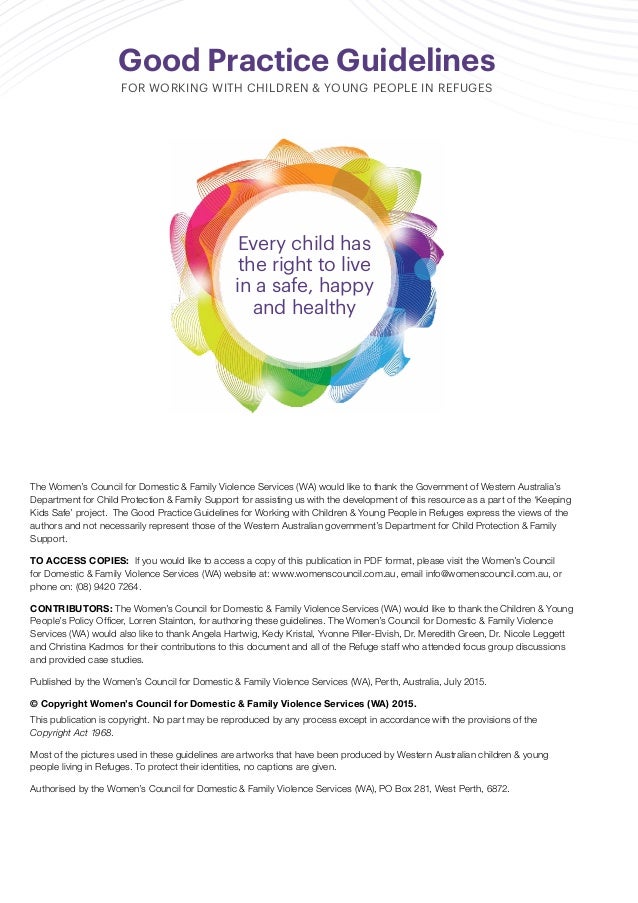
APS Guidelines for working with young people Monash. APS Guidelines: Legal and Ethical Aspects of Working with Young People 5. Definitions Definitions are included in Appendix 1. 6. Responsibilities The Board of Directors of RA Tas is responsible for the development and endorsement of the Relationship Australia Tasmania Safeguarding Children and Young People Policy. It delegates the, 07/01/2013 · A three-part video series exploring legal and related ethical issues that commonly arise when working with young people in Victoria. Part II focuses on protecting a young person's privacy and.
Working in the APS Australian Public Service Commission
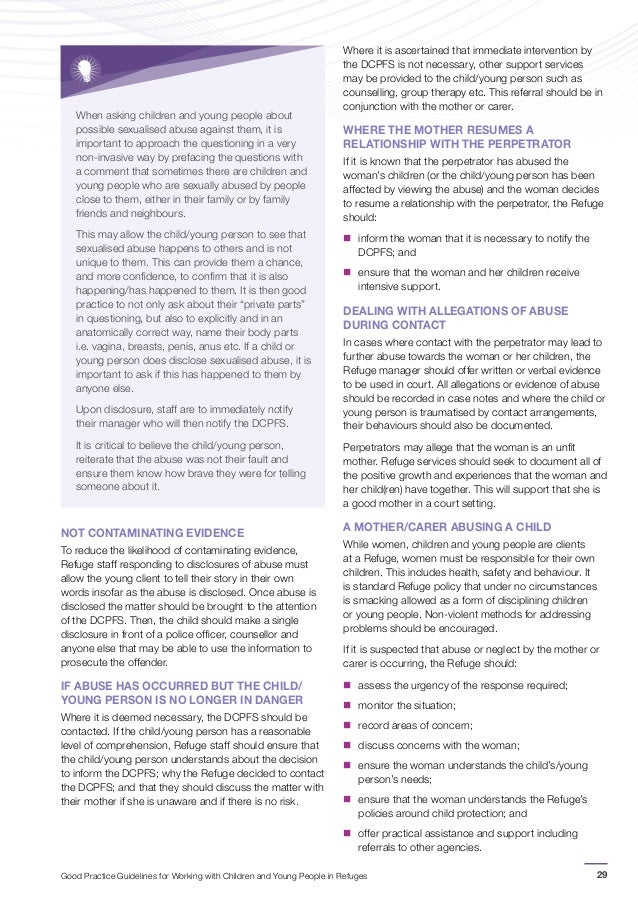
Guidance for IAPT sites re working with under 18 year olds. working with under 18 year olds. The need for this guidance has arisen following reports from the British Association for Behavioural and Cognitive Psychotherapies (BABCP) that its members were being approached by IAPT services to provide training for services working with children as young as 13 at the request of commissioners. https://en.m.wikipedia.org/wiki/Olanzapine So you are working with Children and Schools? Working with kids is a very rewarding experience; however it is not without its challenges. This section will cover basic rules as well as best practices when working with children. The most basic rule with kids is that things will go wrong and you should just roll with the punches if they do. If.
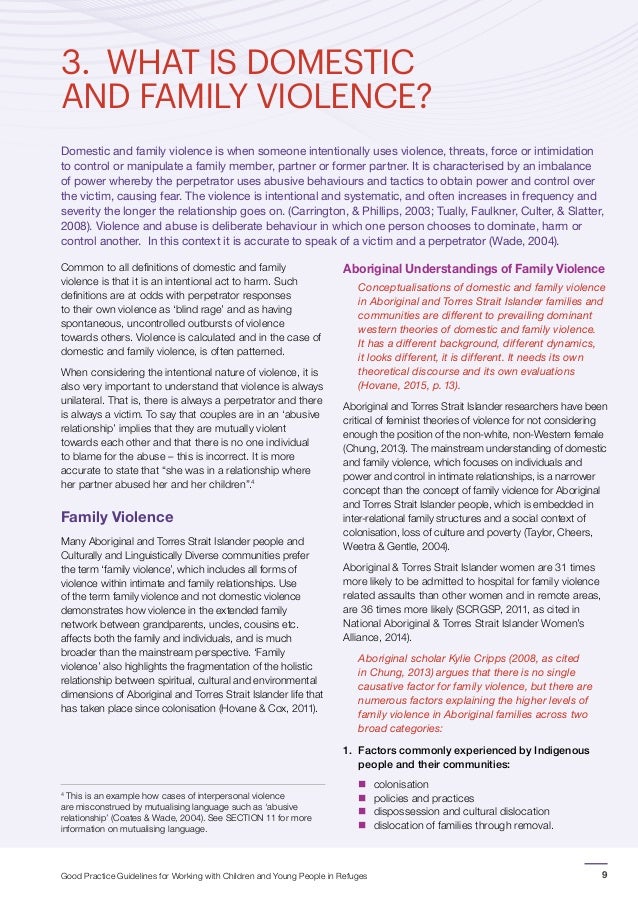
The Australian Psychological Society has recently produced the Guidelines to work with young people, to assist psychologists working in the complex area of child and adolescent mental health. The following questions and answers present the key legal and ethical considerations for psycholigsts working with young people and are based on extracts 07/01/2013 · A three-part video series exploring legal and related ethical issues that commonly arise when working with young people in Victoria. Part II focuses on protecting a young person's privacy and
Print version: Best practice guidelines for working with children and young people (PDF, 202KB) 1. Understand the child or young person. Guideline 1.1: Understand social context and respect diversity: Respectfully ask questions to help you understand the issues and experiences that may impact on the child or young person and the way they interact with you. Print version: Best practice guidelines for working with children and young people (PDF, 202KB) 1. Understand the child or young person. Guideline 1.1: Understand social context and respect diversity: Respectfully ask questions to help you understand the issues and experiences that may impact on the child or young person and the way they interact with you.
Be aware of exam times as young people will need time to revise. Could you offer ‘quiet space’ in your office where young people can come to study after school or college? Young people looking for work may need to be flexible if they have to go for a job interview or … The Australian Psychological Society has recently produced the Guidelines to work with young people, to assist psychologists working in the complex area of child and adolescent mental health. The following questions and answers present the key legal and ethical considerations for psycholigsts working with young people and are based on extracts
The Australian Psychological Society has recently produced the Guidelines to work with young people, to assist psychologists working in the complex area of child and adolescent mental health. The following questions and answers present the key legal and ethical considerations for psycholigsts working with young people and are based on extracts Compiled by Australia's leading mental health expert advisory groups the B eyond Blue's Clinical Practice Guidelines, endorsed by the National Health and Medical Research Council (NHMRC), provide research evidence that can be used to identify, treat and manage depression, anxiety and related disorders in adolescents and young people, women and mothers.
Resources for professionals working with young people Here you’ll find risk assessment tools, practice briefings to help you deepen your expertise, and resources to use with clients, as well as example care pathways and evidence of the difference that Young People's Violence Advisors across the … APS Guidelines for working with young people . Students to read pp. 179 -188
logical practice guidelines be developed to help psycholo-gists maximize the effectiveness of services offered and avoid harm when working with TGNC people and their families. Purpose The purpose of the Guidelines for Psychological Practice with Transgender and Gender Nonconforming People (hereafter Guidelines) is to assist psychologists in the and family violence, you should also follow the best practice guidelines for working with people experiencing domestic violence. • Be aware of the impact culture, religion, education, socio-economic background, refugee experiences etc can have on the child or young …
Guidelines mean the Ethical Guidelines adopted by the Board of Directors of the Society from time to time that clarify and amplify the application of the Code of Ethics. The Guidelines are subsidiary to the Code, and must be read and interpreted in conjunction with the Code. In the case of any MindEd is suitable for all adults working with, or caring for, infants, children or teenagers; all the information provided is quality assured by experts, useful, and easy to understand. We aim to give adults who care for, or work with, young people: the knowledge to support their wellbeing
Related content. Risk management; New to the job; What the law says about young people at work Under health and safety law, every employer must ensure, so far as reasonably practicable, the health and safety of all their employees, irrespective of age.As part of this, there are certain considerations that need to be made for young people. Why Involve Children and Young People? When? How? What can you do? PAGE 2 Quick Guide to User Involvement for Frontline Staff Working with Children and Young People It is children and young people’s right and it is national and organisational policy.
The Psychology Board of Australia has developed guidelines and policies to provide guidance to the profession. These also help to clarify the Board's views and expectations on a range of issues. (p. 185). The guidelines are also clear about placing the best interests of young people first, noting that when conflicts arise between parents and young people, psy-chologists should ‘consider the young person’s best interests as paramount’ (p. 182). Young People Young people differ from adults in their
An age and stage appropriate resource aimed at professionals working with younger children is being developed separately. For some young people, these messages will communicate information that will be of use to them in the future. For others, the information will be pertinent right now, to help them negotiate their relationships and identify So you are working with Children and Schools? Working with kids is a very rewarding experience; however it is not without its challenges. This section will cover basic rules as well as best practices when working with children. The most basic rule with kids is that things will go wrong and you should just roll with the punches if they do. If
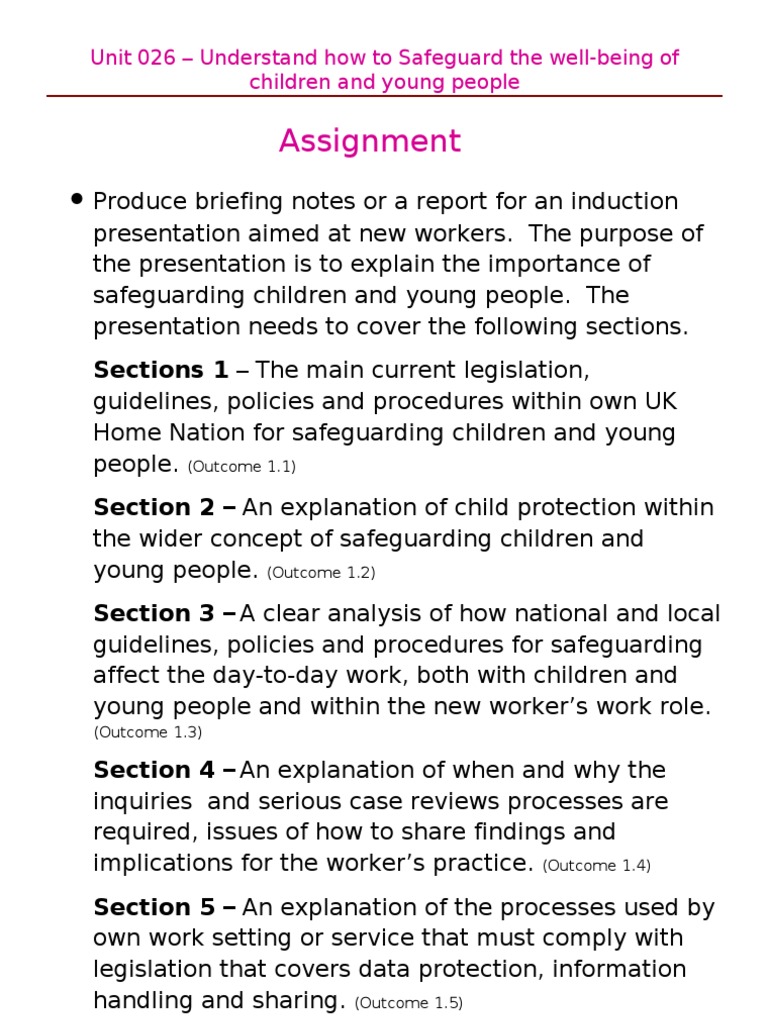
Gloucestershire Guidance Booklet for Practitioners Working with Children and Young People (0 – 25 yrs) with Additional Needs including Special Educational Needs and Disabilities 3 As we enter our third year of the implementation of the SEND reforms, we are pleased to … The Australian Psychological Society has recently produced the Guidelines to work with young people, to assist psychologists working in the complex area of child and adolescent mental health. The following questions and answers present the key legal and ethical considerations for psycholigsts working with young people and are based on extracts


